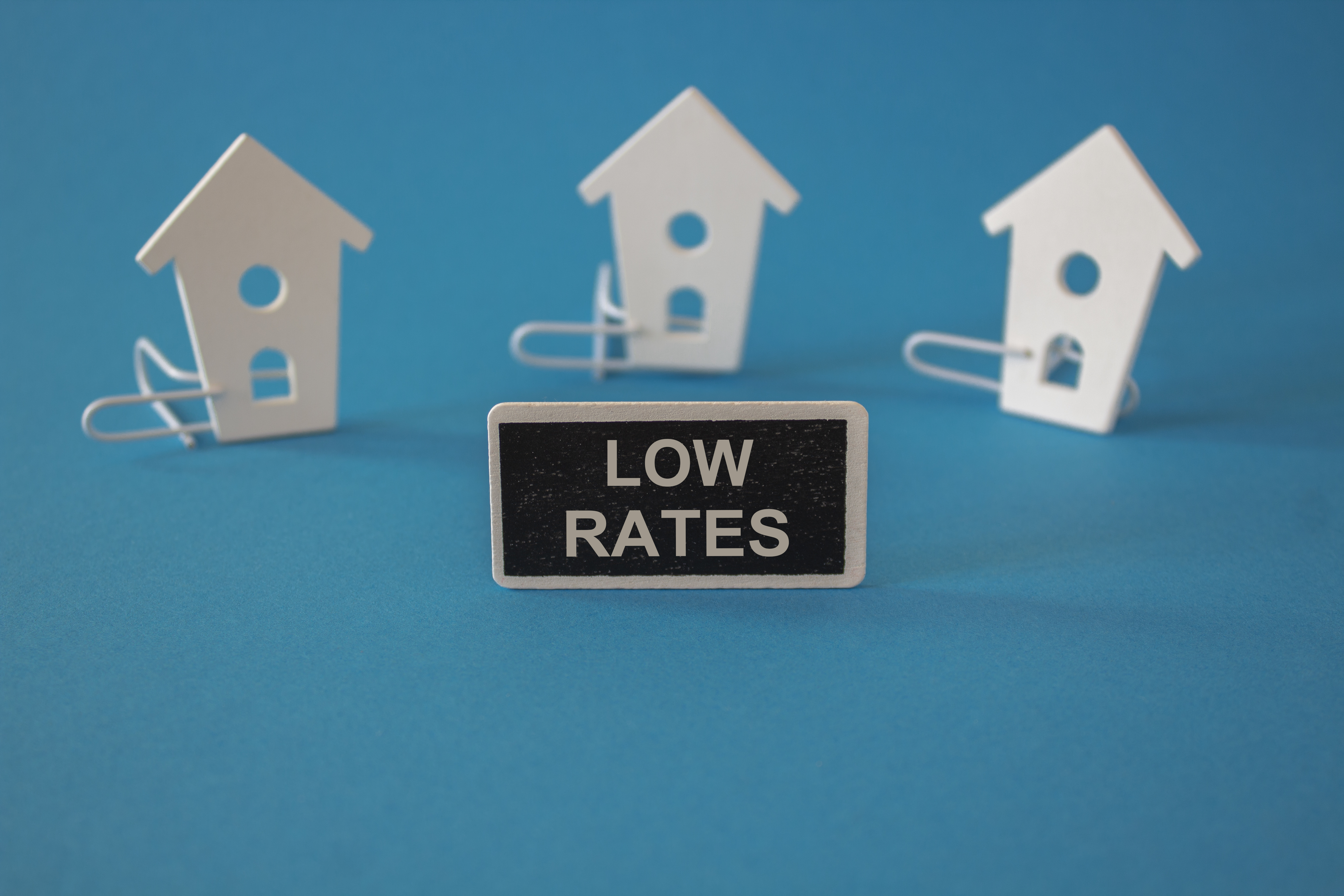Mortgage with High Debt to Income Ratio: What You Need to Know

Strong 8k brings an ultra-HD IPTV experience to your living room and your pocket.
When looking to buy a home, most people think about securing a mortgage. However, one aspect that can complicate the process is the debt-to-income (DTI) ratio. Specifically, obtaining a mortgage with a high debt-to-income ratio presents its own unique challenges. In this article, we will explore what it means to have a high DTI, how it affects the mortgage process, and what options are available for those in this situation. By the end, readers will better understand how they can navigate the complexities of getting a mortgage with a high DTI and find solutions that suit their financial situation.
Understanding Debt-to-Income Ratio (DTI)
Before diving into the specifics of mortgages with high DTI ratios, it's important to first understand what DTI is and how it's calculated. The debt-to-income ratio is a percentage that shows how much of a person's monthly income goes toward paying off debt. Lenders use this figure to assess a borrower’s ability to repay a loan.
How Is DTI Calculated?
DTI is calculated by dividing a borrower’s total monthly debt payments by their gross monthly income. The result is then multiplied by 100 to get the percentage.
For example, if someone has $2,000 in monthly debt payments and earns $5,000 a month before taxes, their DTI would be:
A higher DTI indicates that a person is using more of their income to pay off debt, which may signal financial strain for lenders.
Mortgage with High Debt-to-Income Ratio: What Does It Mean?
A high debt-to-income ratio generally refers to a DTI that exceeds 43%. Lenders often see this as a potential risk because it may indicate that the borrower is already stretched thin financially. If a person has too much debt in relation to their income, they might struggle to make mortgage payments on top of other financial obligations.
For most conventional loans, a DTI ratio of 43% is typically the upper limit, but certain government-backed loans allow for a higher DTI. Despite the challenges, it is still possible to secure a mortgage with a high debt-to-income ratio—though it may require more planning and patience.
Can You Get a Mortgage with a High Debt-to-Income Ratio?
Yes, it is possible to get a mortgage with a high DTI, but there are certain requirements and considerations that come into play. Lenders have guidelines for assessing the overall financial situation of borrowers. If a person’s DTI is higher than usual, the lender might look at other factors to make a decision.
FHA DTI Guidelines
For those with a high DTI ratio, an FHA (Federal Housing Administration) loan might be an excellent option. FHA loans are designed to help borrowers with lower credit scores or higher DTI ratios. While most FHA loans require a DTI of 43% or lower, there is some flexibility. Under certain circumstances, FHA guidelines allow for a DTI of up to 50%, provided the borrower meets other criteria such as having a larger down payment or a good credit score.
FHA loans are often the go-to choice for first-time homebuyers or individuals looking to refinance with a higher DTI, as they typically require lower down payments and have less stringent qualification requirements than conventional loans.
VA DTI Guidelines
Veterans and active-duty service members can also explore VA loans, which may be more forgiving when it comes to high DTI ratios. VA loans are backed by the U.S. Department of Veterans Affairs and generally offer competitive interest rates and favorable terms.
The VA does not have a strict cap on DTI like FHA and conventional loans. While many lenders prefer a DTI ratio under 41%, the VA is more focused on the veteran’s overall financial health, including their ability to repay the loan. Therefore, it’s possible to qualify for a VA mortgage with a high DTI, especially if the borrower has a strong credit profile and a reliable income stream.
Steps to Improve Your Chances of Getting a Mortgage with High DTI
For those with a high DTI ratio, it’s essential to take a few strategic steps to improve their chances of securing a mortgage. Here are some actions that can help:
1. Reduce Your Debt
The most effective way to lower your DTI ratio is by paying off existing debt. Start by tackling high-interest debts, such as credit card balances, or consider consolidating loans. By reducing the total amount of debt, borrowers can decrease their DTI ratio and improve their overall financial outlook.
2. Increase Your Income
Another way to improve your DTI is by increasing your income. This could involve seeking a higher-paying job, starting a side business, or finding ways to supplement your primary income. A higher income means that the debt you have will represent a smaller portion of your monthly earnings, thus reducing your DTI.
3. Consider a Larger Down Payment
Making a larger down payment on the home you wish to purchase can help offset the impact of a high DTI ratio. Lenders may be more willing to approve your mortgage application if you show that you are financially committed and able to contribute a larger sum upfront.
4. Explore Alternative Lenders
While traditional lenders may have strict requirements, there are alternative lenders that specialize in working with individuals with high DTI ratios. These lenders may be more flexible and willing to consider other factors, such as the stability of your job or your future earning potential, when evaluating your mortgage application.
The Role of Credit Score in Mortgage Approval
While DTI is an important factor, lenders also consider your credit score when deciding whether to approve a mortgage. A high credit score can help offset a high DTI, as it shows lenders that you have a history of managing debt responsibly. Conversely, a low credit score may further complicate the approval process, especially if combined with a high DTI ratio.
To improve your credit score, consider paying down credit card balances, making on-time payments, and correcting any inaccuracies on your credit report. A higher credit score will improve your chances of being approved for a mortgage, even with a higher DTI.
Conclusion
A mortgage with a high debt-to-income ratio is certainly more challenging to secure, but it is not impossible. FHA loans, VA loans, and alternative lending options can provide paths for borrowers with higher DTIs. By reducing debt, increasing income, and exploring government-backed loans, individuals can increase their chances of mortgage approval. It is essential to work with experienced lenders who can guide you through the process and help you navigate any challenges along the way.
If you find yourself in a situation where you have a high DTI ratio, Dream Home Mortgage is a trusted provider that can help. With expertise in managing complex mortgage situations, Dream Home Mortgage offers tailored solutions and transparent guidance to help you find the best mortgage options. Whether you're considering an FHA loan or exploring VA DTI possibilities, Dream Home Mortgage provides the support you need to make homeownership a reality.
By understanding your options and taking proactive steps to improve your financial profile, you can successfully navigate the process of securing a mortgage with a high debt-to-income ratio.
Note: IndiBlogHub features both user-submitted and editorial content. We do not verify third-party contributions. Read our Disclaimer and Privacy Policyfor details.







